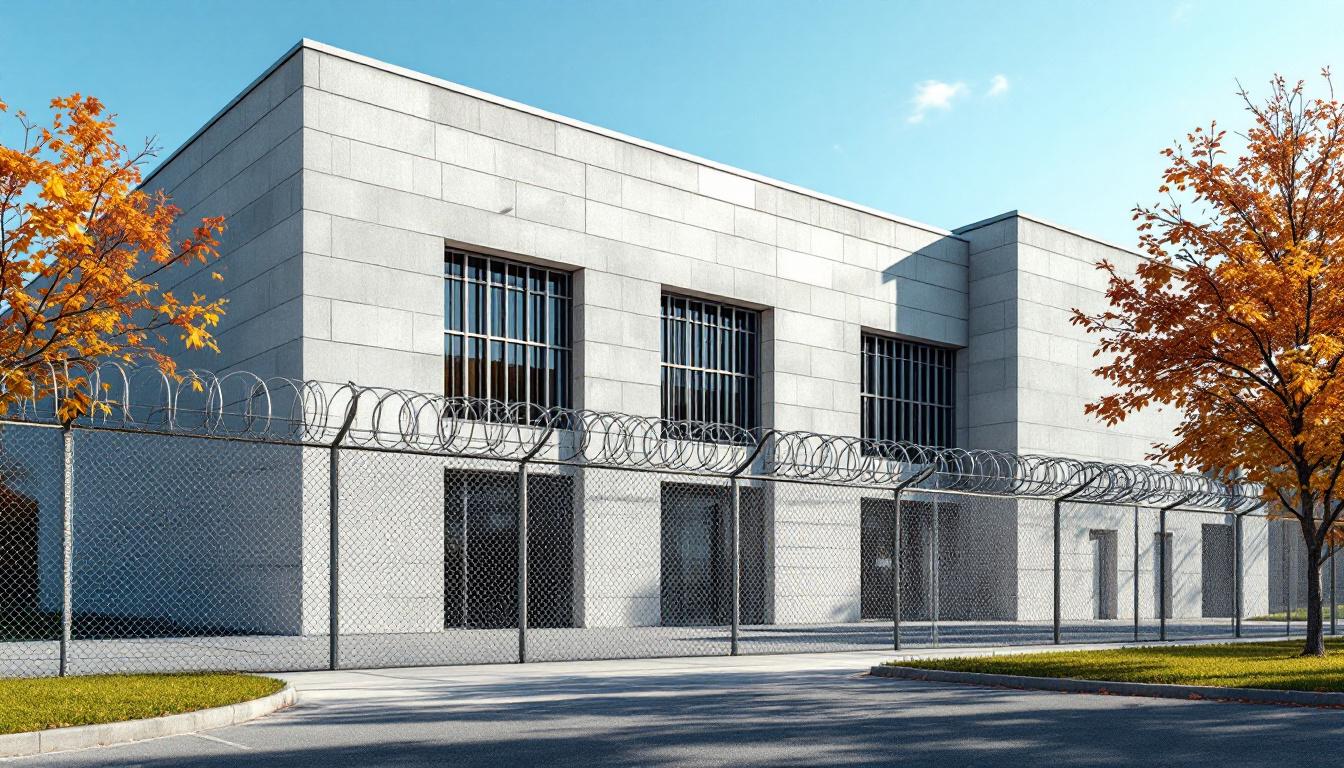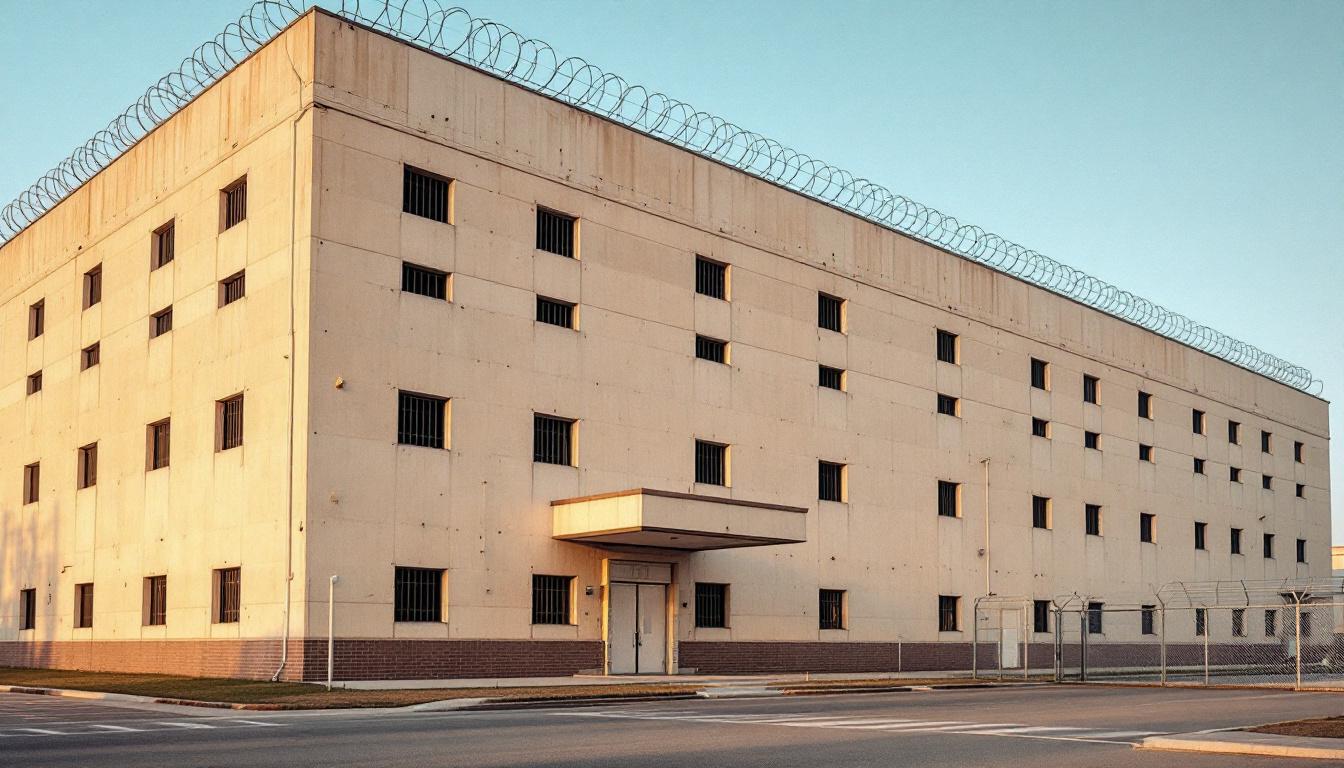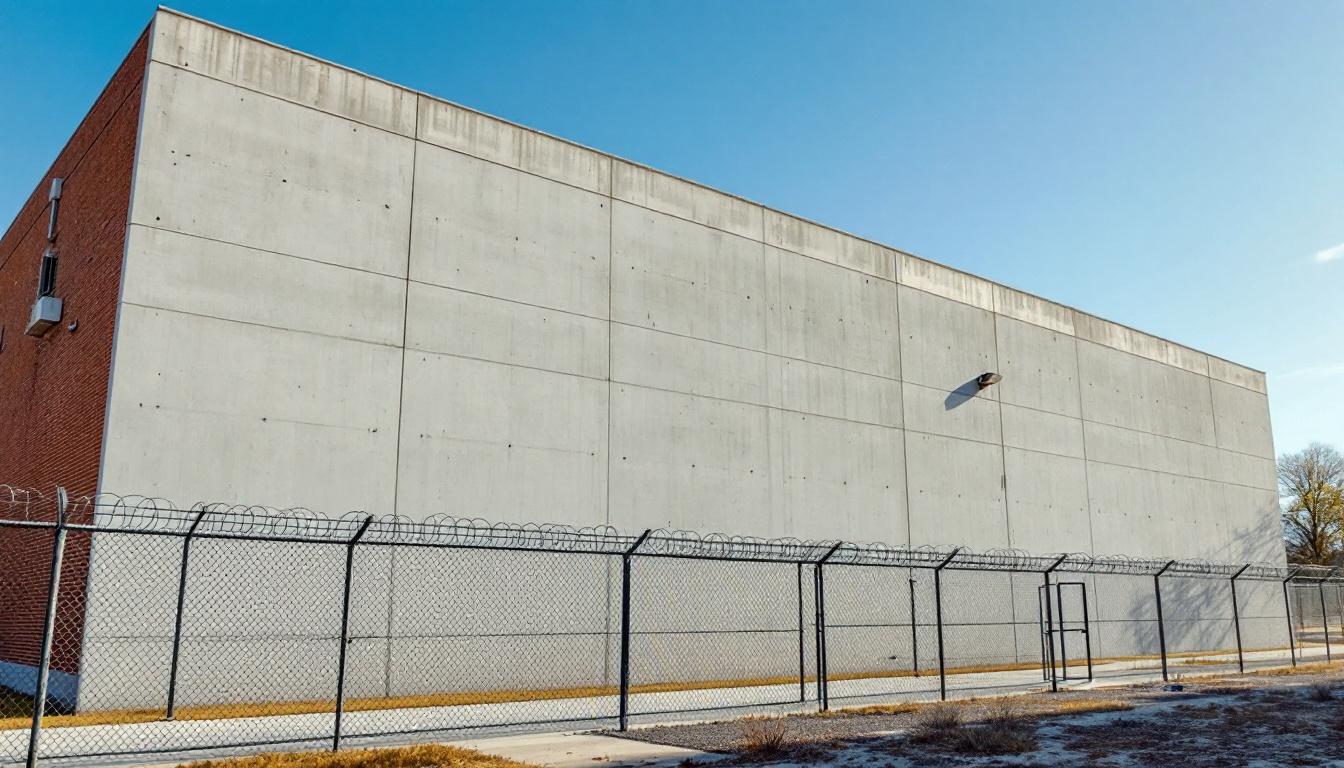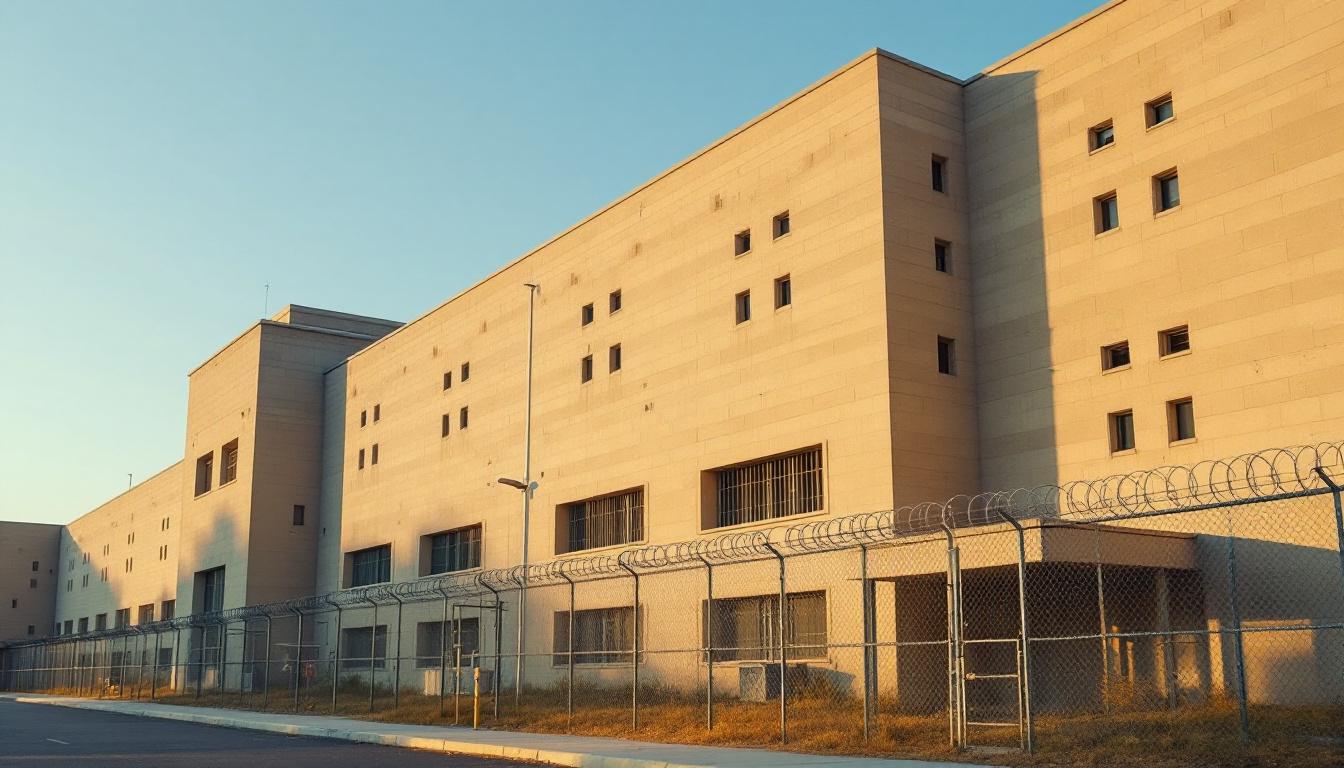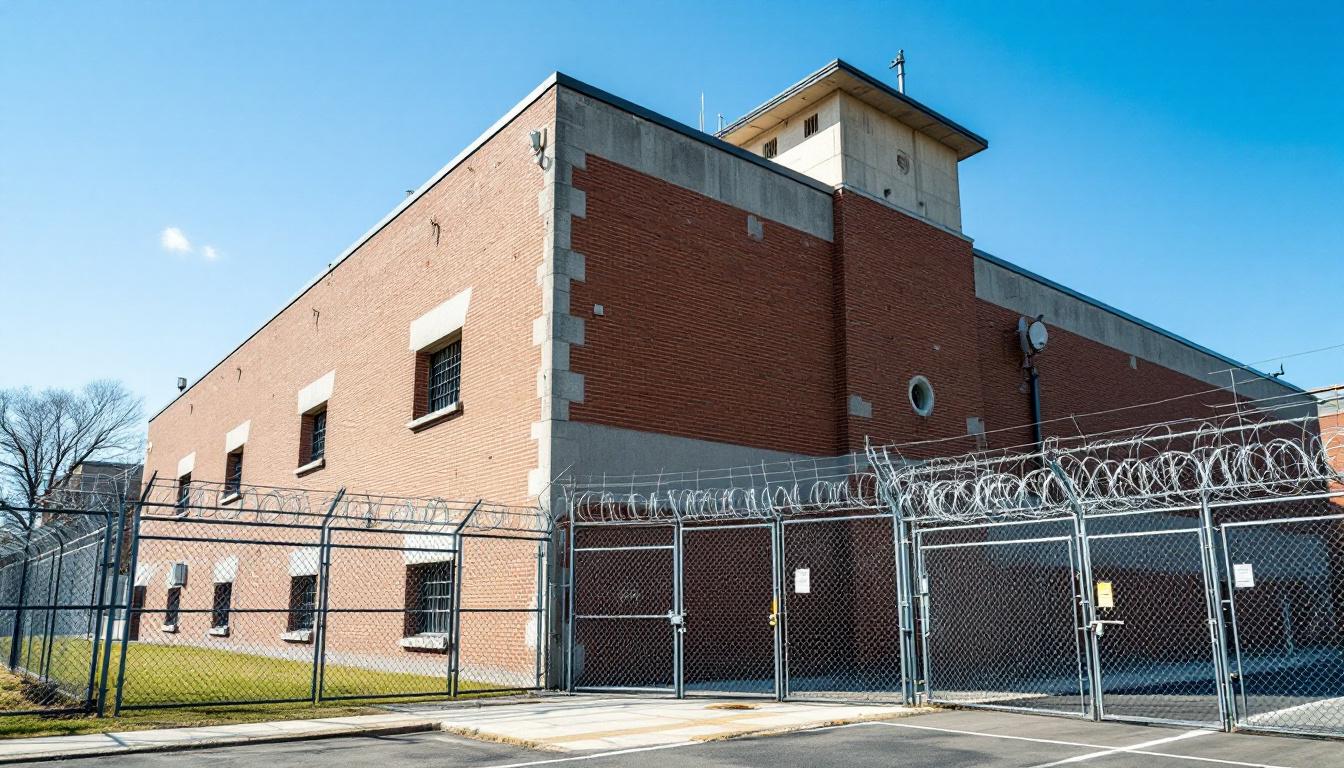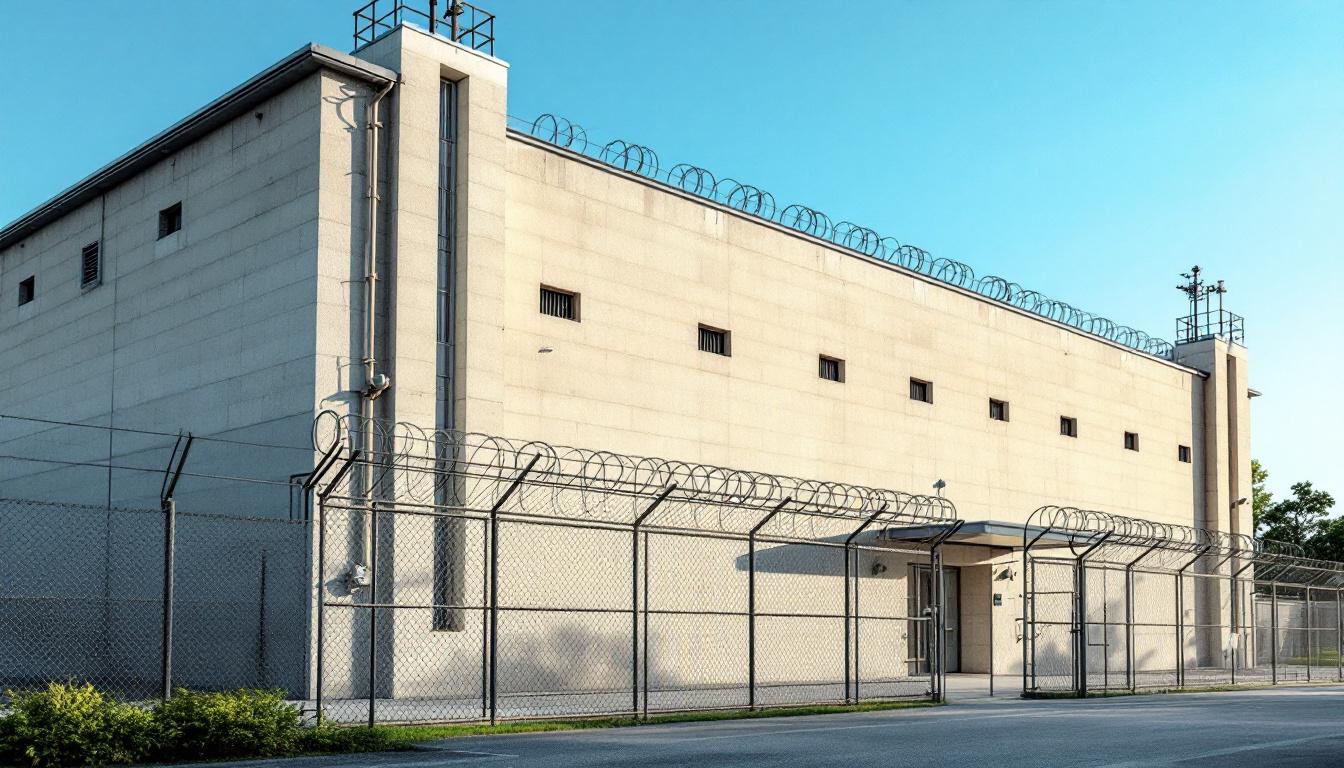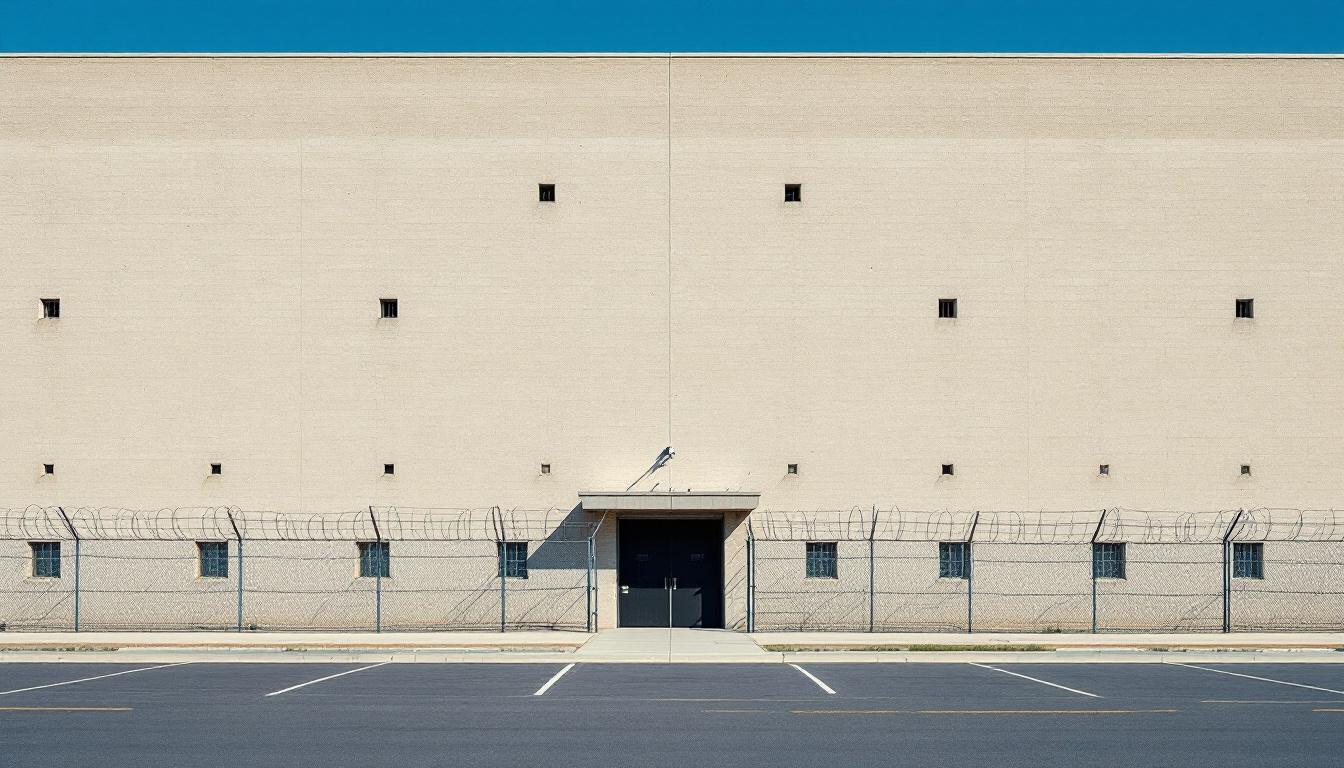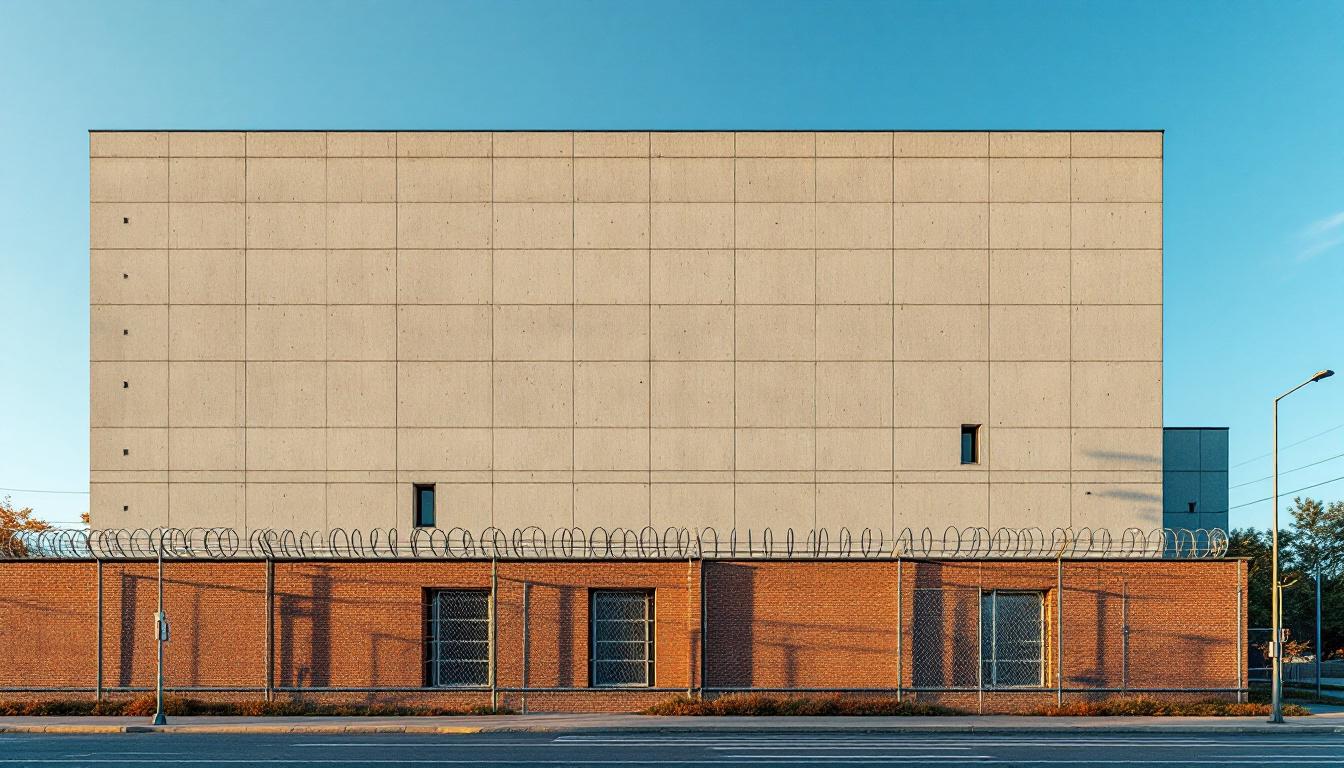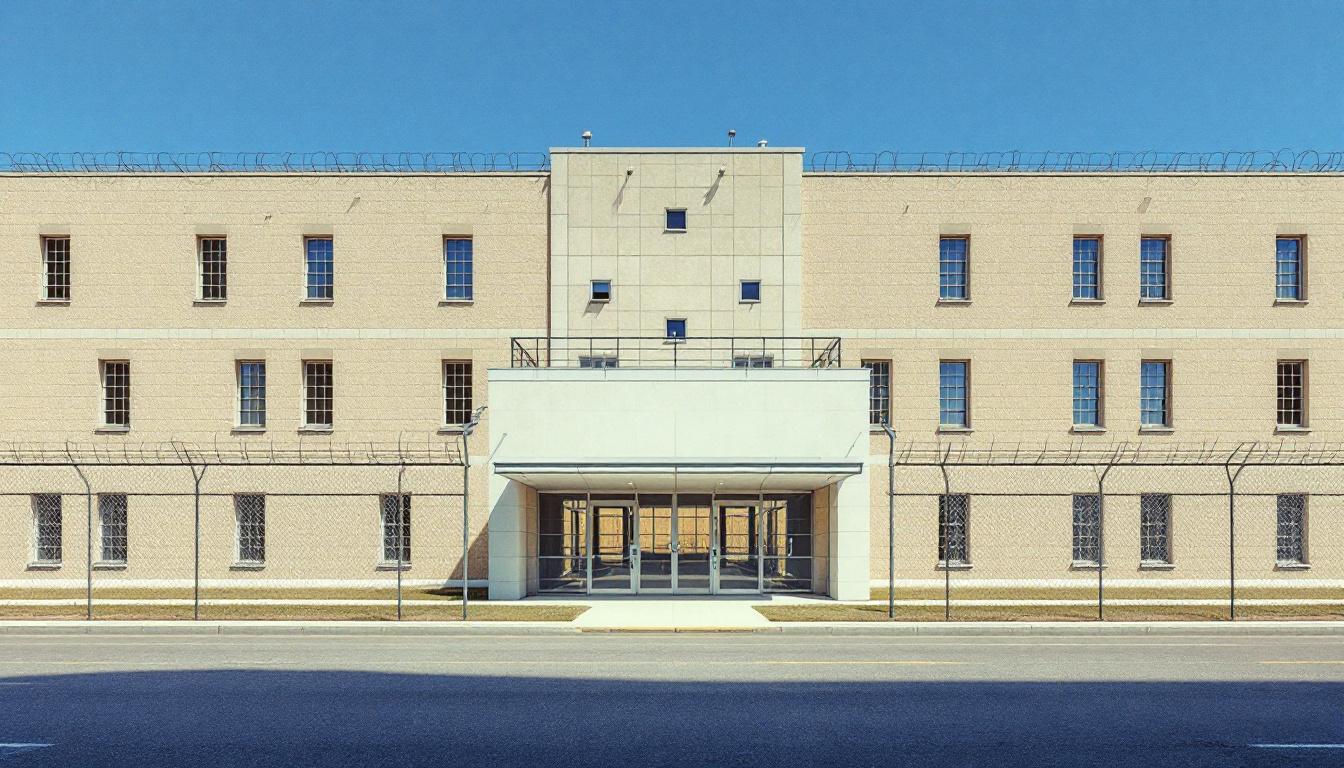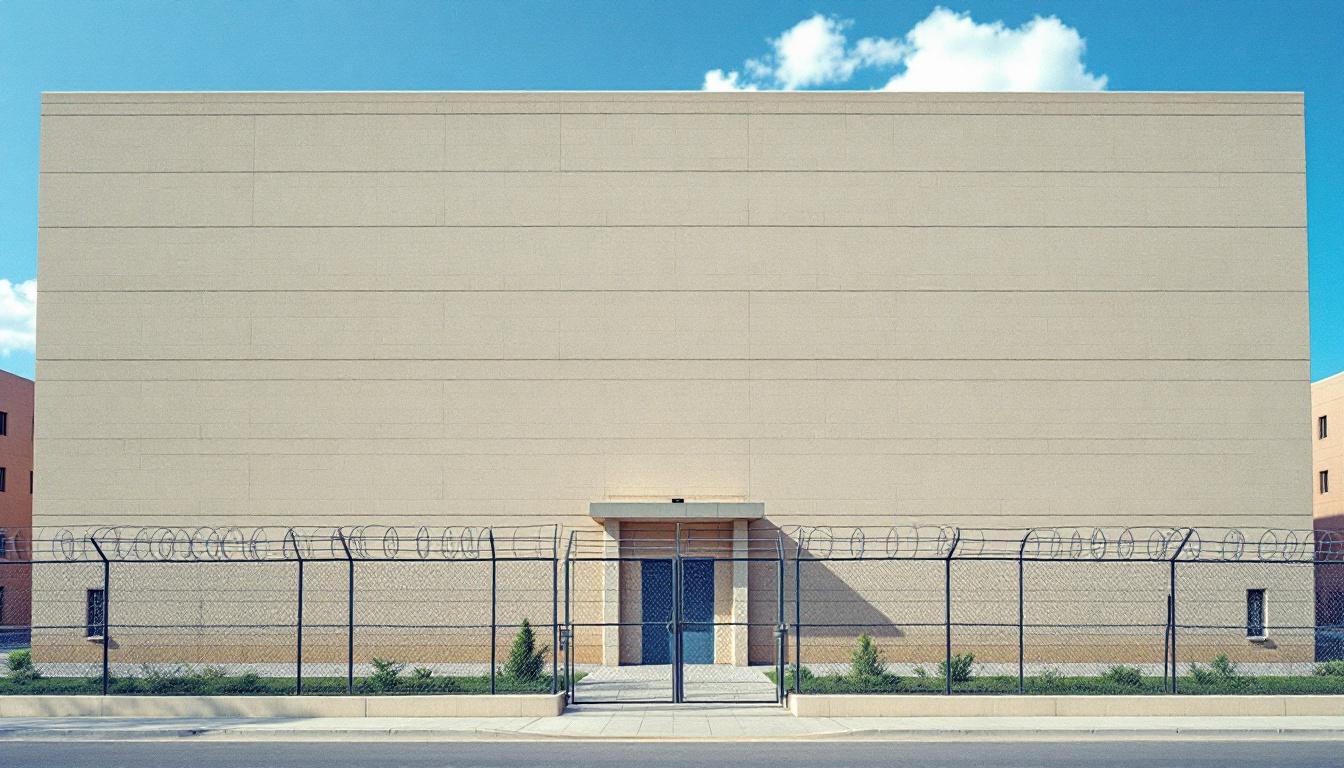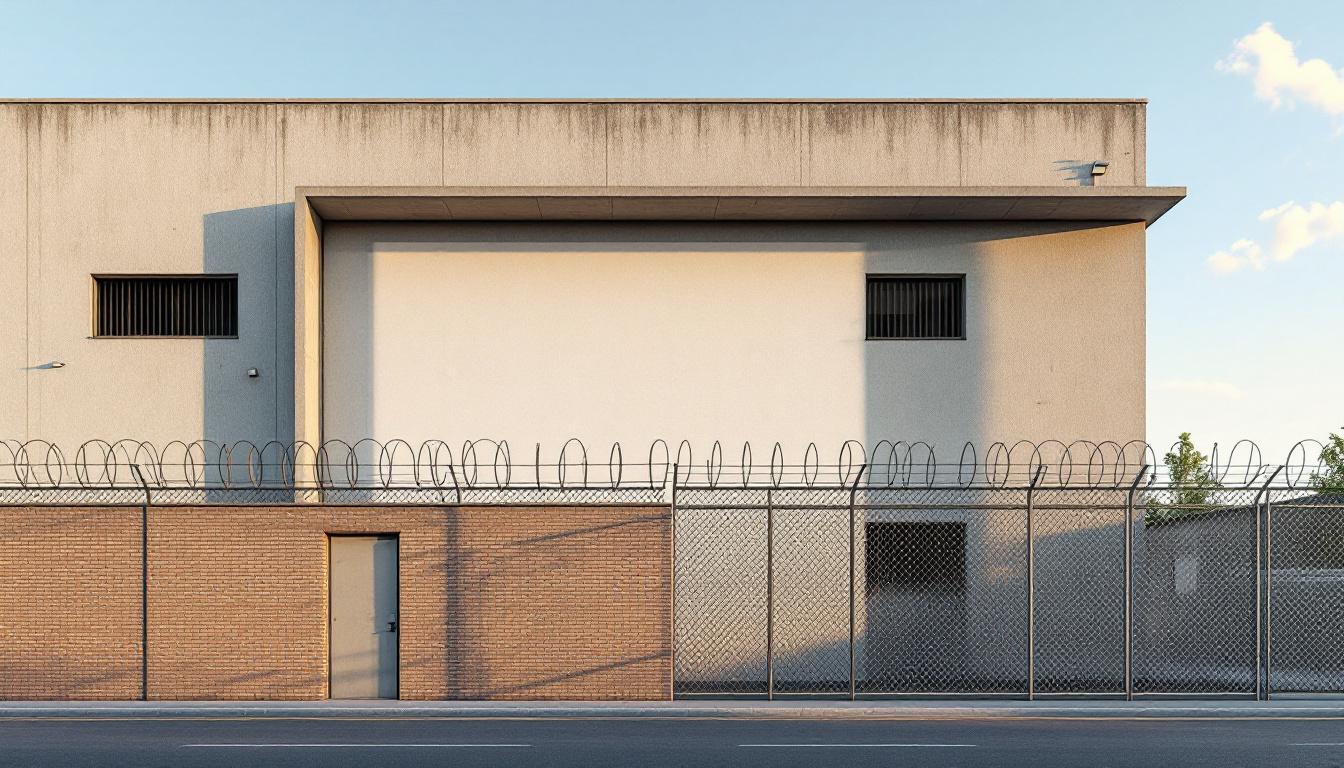
Quick Navigation
How to contact an inmate at Monroe County Detention Facility
This comprehensive guide will walk you through how to connect with an inmate at Monroe County Detention Facility. Follow the steps below to find an inmate and send letters and photos:
- Search for the inmate using our search tool below
- Create your account or log in to Penmate
- Write your message (up to 6,000 characters)
- Send instantly - inmates receive printed copies daily
Find an Inmate
Search for an inmate to start communicating today
Tip: You can search by first name, last name, or inmate ID number
To contact a person at Monroe County Detention Facility start by searching for the person on the official facility website. Perform a search by following these steps:
- Step 1: Enter their first name and last name into the search form and click "Search"
- Step 2: Locate their inmate record
- Step 3: Write down their Inmate ID and any housing information provided
Important! Be sure to enter the person's full name. Nicknames should not be used.
How to Send Messages to Inmates

You can use your phone or computer to send emails, letters, and photos to an inmate. Messages are sent electronically to inmate tablets or kiosks at the facility. If you would like to send a message, start by searching for an inmate at Monroe County Detention Facility.
Sending Photos and Postcards

A great way to send love and support to a loved one at Monroe County Detention Facility is to send photos and postcards. It only takes a few minutes to send photos from your phone and it makes a huge difference. You can also mail postcards with words of support and inspiration, or design your own postcard for special moments like birthdays and holidays.
Important! Be sure not to send any explicit photos or they may not be approved by the facility. You can also use a photo printing app like Penmate to make sure your photos are printed at the correct size (4x6 or 3x5) and are mailed according to the rules and regulations of Monroe County Detention Facility.
Frequently asked questions about Monroe County Detention Facility
-
How long does it take to deliver a message?
If you're sending an email message your letter is usually delivered within 24-48 hours. For messages sent via mail you should expect delivery within 3-7 days. All messages will need be approved by Monroe County Detention Facility.
-
How much does it cost to send a message to Monroe County Detention Facility?
You can send a message free using your phone or mail a message via USPS for the price of a $0.60 stamp and envelope. You can also purchase credits or e-stamps from services starting at $1.99.
-
What services can I use to contact an inmate at Monroe County Detention Facility?
Penmate
You can use Penmate to send letters and photos to an inmate from your phone. It's an easy way to stay in touch during your loved one's incarceration. Use the inmate locator to find an inmate's location and contact information, then you can send messages within a few minutes.
Securus messaging
Securus may be another option for communicating with an inmate at Monroe County Detention Facility. You can create a friends and family account and purchase credits to send messages. All messages will be reviewed and must be approved by the facility.
JPay
Some county jails and state prisons may support sending messages with JPay. You must register an account with the system, find your loved one, and purchase stamps to send messages. For some locations you can also attach photos.
Smart Jail Mail
You may also check if Smart Jail Mail is available at Monroe County Detention Facility. Smart Jail Mail is operated by Smart Communications and has contracted with some state and county jails. After purchasing credits, your messages and photos are sent to the facility, printed out, and then handed out to your loved one.
-
What is the mailing address of Monroe County Detention Facility?
Mailing address:
Monroe County Detention Facility
3981 Ocean Terrace
Marathon, FL 33050
Phone: (305) 289-2420 -
What are the visiting hours at Monroe County Detention Facility?
Visiting hours at Monroe County Detention Facility vary by housing unit and security level. Generally, visits are scheduled on weekends and holidays, with some facilities offering weekday visits. Contact the facility directly at (305) 289-2420 or check their website for the current visiting schedule. Visits typically last 30-60 minutes and must be scheduled in advance.
-
What items are prohibited when sending mail to Monroe County Detention Facility?
Prohibited items typically include: cash, personal checks, stamps, stickers, glitter, glue, tape, staples, paperclips, polaroid photos, musical or blank greeting cards, hardcover books, magazines with staples, and any items containing metal or electronics. Only send letters on plain white paper with blue or black ink. Photos must be printed on regular photo paper (no Polaroids). Always check with Monroe County Detention Facility for their specific mail policies.
-
How do I send money to an inmate at Monroe County Detention Facility?
You can send money to an inmate at Monroe County Detention Facility through several methods: 1) Online using JPay, Access Corrections, or the facility's approved vendor, 2) Money orders mailed directly to the facility with the inmate's name and ID number, 3) Kiosks located in the facility lobby, or 4) Over the phone using a credit or debit card. Fees vary by method, typically ranging from $2.95 to $11.95 per transaction.
-
Can I schedule a video visit with an inmate at Monroe County Detention Facility?
Many facilities now offer video visitation as an alternative to in-person visits. At Monroe County Detention Facility, video visits may be available through services like Penmate, Securus Video Connect, GTL, or ICSolutions. Video visits typically cost $10-20 for 20-30 minutes and must be scheduled in advance. You'll need a computer or smartphone with a camera and reliable internet connection. Contact the facility for their specific video visitation policies and approved vendors.
-
What identification do I need to visit an inmate at Monroe County Detention Facility?
All visitors must present valid government-issued photo identification such as a driver's license, state ID, passport, or military ID. Minors must be accompanied by a parent or legal guardian who can provide the minor's birth certificate. Some facilities require visitors to be on the inmate's approved visitation list, which may require a background check. Contact Monroe County Detention Facility for specific ID requirements and visitor approval procedures.
-
How can I find out an inmate's release date?
To find an inmate's release date at Monroe County Detention Facility, you can: 1) Use the online inmate search tool if available, 2) Call the facility's records department, 3) Contact the inmate's case manager or counselor, or 4) Have the inmate provide this information during a call or visit. For privacy reasons, some facilities only release this information to immediate family members.
Facility Overview
Contact Information
Monroe County Detention Facility3981 Ocean Terrace
Marathon, FL 33050
Phone: (305) 289-2420
Official Website
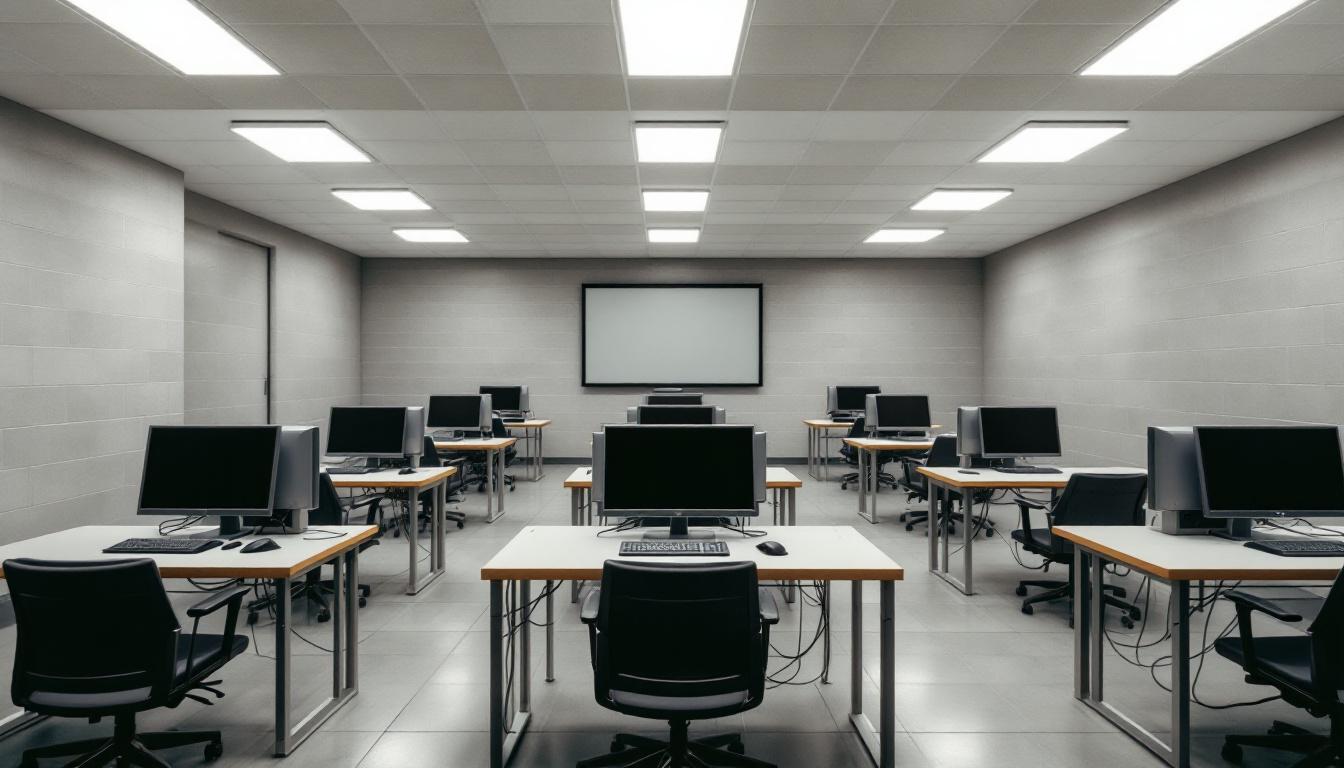
About Monroe County Detention Facility
Nestled within the heart of Phoenix, FL, this south region detention facility serves as a cornerstone for Monroe County's approach to corrections and community safety. Monroe County Detention, FL operates with a commitment to evidence-based practices that prioritize measurable outcomes for both residents and the broader Phoenix area community it serves.
The FL correctional facility typically focuses on programs designed to reduce recidivism through structured educational opportunities and vocational training initiatives. Residents services may include substance abuse counseling, mental health support, and life skills development programs that prepare individuals for successful reintegration into Phoenix and surrounding communities. The detention center generally emphasizes rehabilitation alongside security, recognizing that effective correctional practices benefit everyone when former residents return to their neighborhoods with improved prospects and stability.
Community partnerships often play a vital role in the facility's programming approach, with local organizations potentially providing support services that extend beyond the facility walls. Through these collaborative efforts, Monroe County Detention, FL works to address the underlying factors that contribute to criminal behavior while maintaining public safety standards expected throughout the south region's correctional system.
Programs & Services
Educational initiatives at Monroe County Detention typically form the cornerstone of resident development, with adult basic education serving as a pathway for individuals to complete their high school equivalency while incarcerated. The facility's approach to rehabilitation emphasizes skill-building and personal growth through structured learning opportunities that may address both academic deficiencies and practical life skills. These comprehensive initiatives often include literacy programs, computer training, and vocational courses designed to prepare residents for successful reintegration into their communities.
The educational framework may deliver instruction through certified teachers who work with residents at various academic levels, from basic literacy to advanced coursework. Adult basic education programs typically focus on core subjects including mathematics, reading comprehension, and writing skills, while also incorporating practical applications that residents can use in future employment opportunities. In addition to this academic foundation, vocational training initiatives often include hands-on learning experiences that may cover trades such as construction, food service, or maintenance skills that align with local job market demands.
Support services and therapeutic initiatives complement the educational offerings through targeted programs addressing underlying issues that may have contributed to incarceration. Substance abuse treatment programs typically provide both group and individual counseling sessions, helping residents develop coping strategies and relapse prevention techniques. Work release opportunities may allow eligible residents to maintain employment in the community while serving their sentences, fostering responsibility and financial stability. Agriculture programs often include greenhouse operations or landscaping projects that teach valuable skills while providing therapeutic benefits through outdoor work. Conflict resolution training may deliver essential communication and problem-solving techniques that residents can apply both within the facility and upon their release, creating a comprehensive support system for long-term success.
Daily Life & Visitation
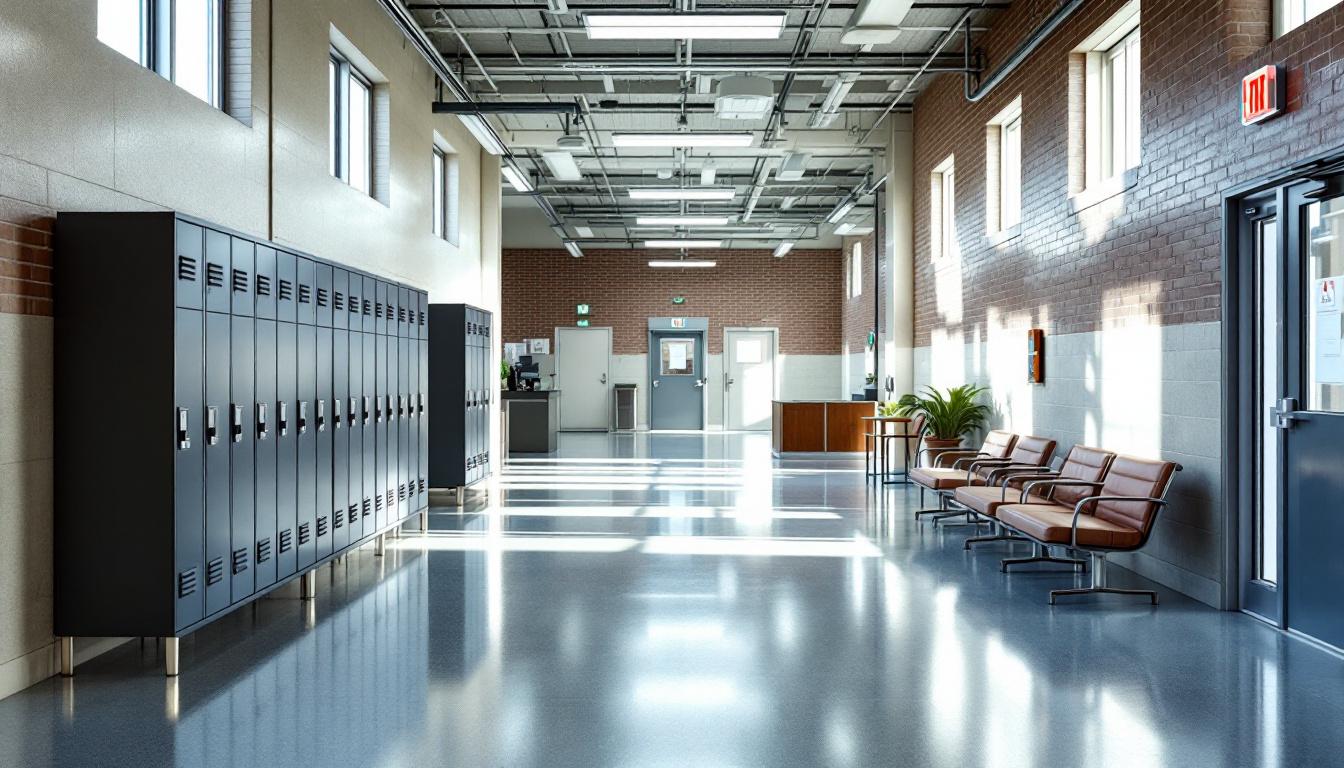
Structured routines now form the backbone of daily operations, with residents following carefully organized schedules that regularly include designated times for meals, programming, and personal activities. Count times occur at regular intervals throughout the day, providing checkpoints that help maintain order and accountability. Wake-up typically happens in the early morning hours, followed by facility cleaning duties and preparation for the day's activities.
Living accommodations at Monroe County Detention generally consist of housing units designed to accommodate multiple residents, with each person assigned a specific bunk and storage area for approved personal belongings. Meals are typically served in designated dining areas at scheduled times, with residents moving in organized groups to maintain security protocols. The commissary system usually allows residents to purchase approved items like snacks, hygiene products, and writing materials, though availability may depend on account balances and facility policies.
In addition to this basic structure, recreational opportunities often include access to outdoor exercise areas, television viewing in common spaces, and organized activities that help break up the daily routine. Work assignments frequently deliver additional structure, with residents potentially assigned to kitchen duties, facility maintenance, or cleaning responsibilities. Despite this controlled environment, family connections typically remain possible through scheduled visitation periods and phone calls, though these communications generally operate within specific time frames and security guidelines that help maintain facility safety while supporting important personal relationships.
Ready to Connect?
Start communicating with your loved one today
Search for an Inmate
